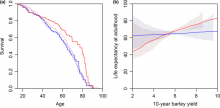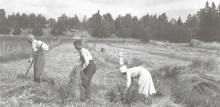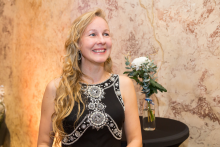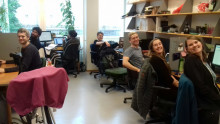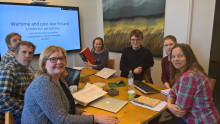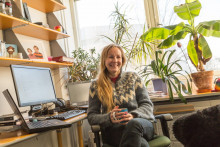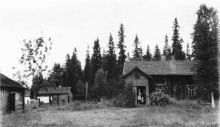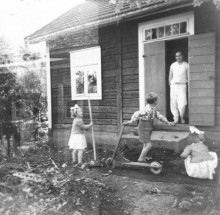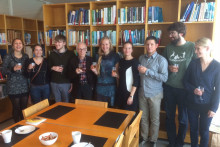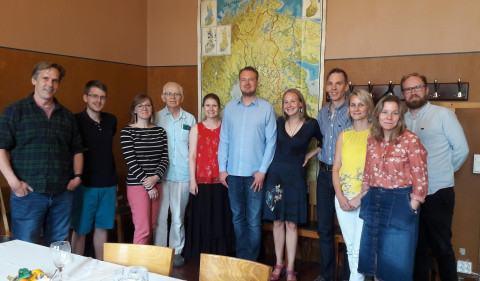
We were delighted to host Professors Martin Daly (McMaster University) and Gretchen Perry (Lakehead University) for a day of excellent talks (11.07.2018) in Turku at Panimoravintola Koulu, from speakers in a range of disciplines. The focus was particularly on alloparenting in humans, but also included talks on elephant alloparenting, evolutionary psychology, and the life-histories of Karelian evacuees and servicewomen. We heard about a lot of interesting work, and got one or two ideas for investigating contexts of grandmothering in our historic Finnish data from work that has been done on contemporary grandmothering - this underlines the importance of interdisciplinary meetings!
In attendance (in order of talks):
Virpi Lummaa (UTU, biology)
Martin Daly (McMaster University)
Gretchen Perry (Lakehead University)
Mirkka Danielsbacka (UTU, social sciences)
Antti Tanskanen (UTU, social sciences)
Simon Chapman (UTU, biology)
Hannu Lehti (UTU, social sciences)
Mirkka Lahdenperä (UTU, biology)
Emily Lynch (UTU, biology)
John Loehr (University of Helsinki)
Markus Rantala (UTU, biology & Turku Brain and Mind Centre)
Jenni Pettay (UTU, biology)
Robert Lynch (UTU, biology)

